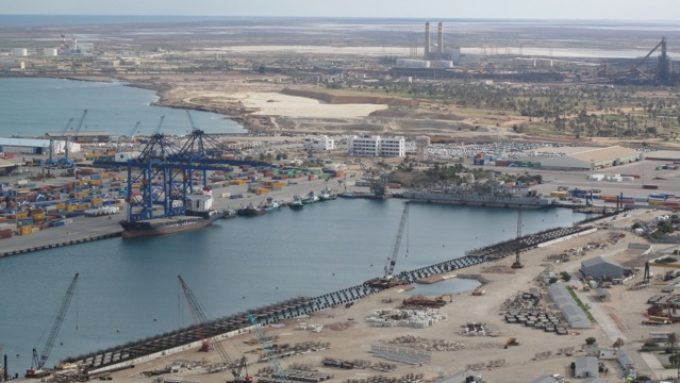Exclusive images of the damage caused by the battle for Tripoli Airport
Airlines maybe moaning about the rising costs of maintenance, but spare a thought for the ...

Libya’s ports are lying almost idle after dockers have moved out to the front line to fight Islamic State.
Libya’s busiest, Misrata, is home to the country’s only free-trade zone. Three years ago, the horizon was dotted with anchored cargo vessels waiting to dock, today, ships can steam straight in to unload and container throughput has dropped 33% since 2015.
“It’s a huge decrease and we are really feeling it,” Jamal El-Ghirani, general investment manager of Misrata Free Zone (MFZ), told The Loadstar.
“Every year since the revolution, things seem to have ...
'Disastrous' DSV-Schenker merger would 'disrupt European haulage market'
New senior management for DSV as it readies for DB Schenker takeover
Volumes set to 'fall off a cliff' as US firms hit the brakes on sourcing and bookings
Asian exporters scramble for ships and boxes to beat 90-day tariff pause
Amazon pushes into LTL for small package fulfilment and UPS does a u-turn
Temporary tariff relief brings on early transpacific peak season
Pre-tariff rush of goods from US to China sees air rates soar, but not for long
Forwarders 'allowing the fox into the chicken run' by supporting 'hungry' carriers

Comment on this article
Roderick Trivett
August 26, 2016 at 6:14 amA European trader said he believed Libya still had enough funds to pay for food imports, but corruption and confusion were making it impossible to strike big deals. “I think the problems are with the governmental chaos and the rising corruption this is in turn creating rather than lack of money. I think money is available but the government is hardly functioning in some regions and cannot pay it out.